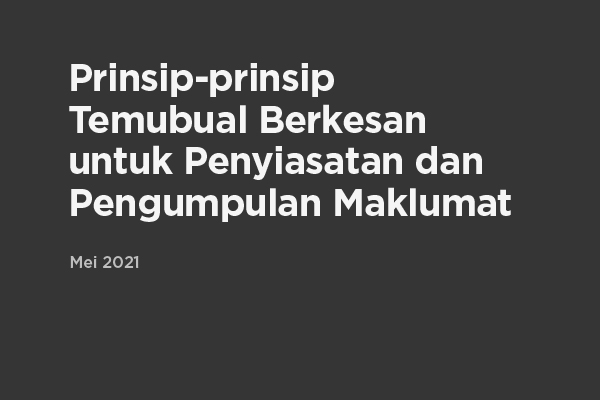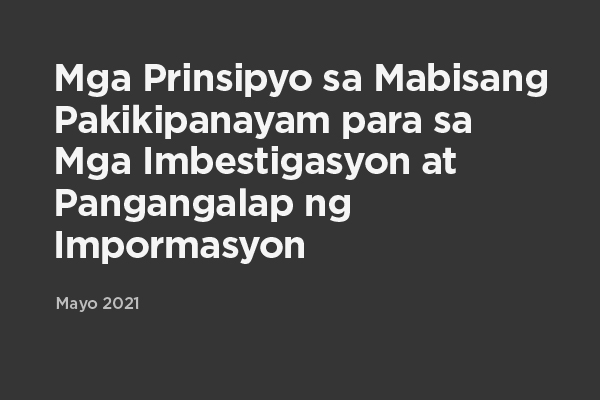
The
Mendez Principles
There are international normative legal frameworks that prohibit torture and the ill-treatment of people who are detained.
Translated versions of the principles can be viewed below
However, such practices have not been entirely eradicated during questioning by various state agents. Nor has there been effective or consistent application of legal and procedural safeguards to protect detained people. Furthermore, despite decades of empirical and field research to develop effective and ethical interviewing techniques based on psychological science, the global uptake of such approaches has been limited, largely due to scarce resources and the absence of effective knowledge exchange. However, a recent high profile international initiative, led by the former UN Special Rapporteur on Torture, Professor Juan Mendez, has signalled the opportunity for a global step-change in organisational approach and practice in the treatment of detained people.
In May 2021, following a four-year project and the contributions of almost 100 international experts, the Mendez Principles on Effective Interviewing for Investigations and Information Gathering were launched. The Mendez Principles are, in essence, an acknowledgement that the successful outcome of an interview is interconnected with the full enjoyment of human rights by a person at each stage of contact with state authorities – regardless of whether such encounters are labelled as ‘conversations’, ‘interrogations’, ‘interviews’, or ‘questioning’. The Mendez Principles present an alternative to the risks of coerced statements and brutality of torture, and a recognition that these tactics lead to false confessions, unfair trials, and undermine the delivery of justice.










